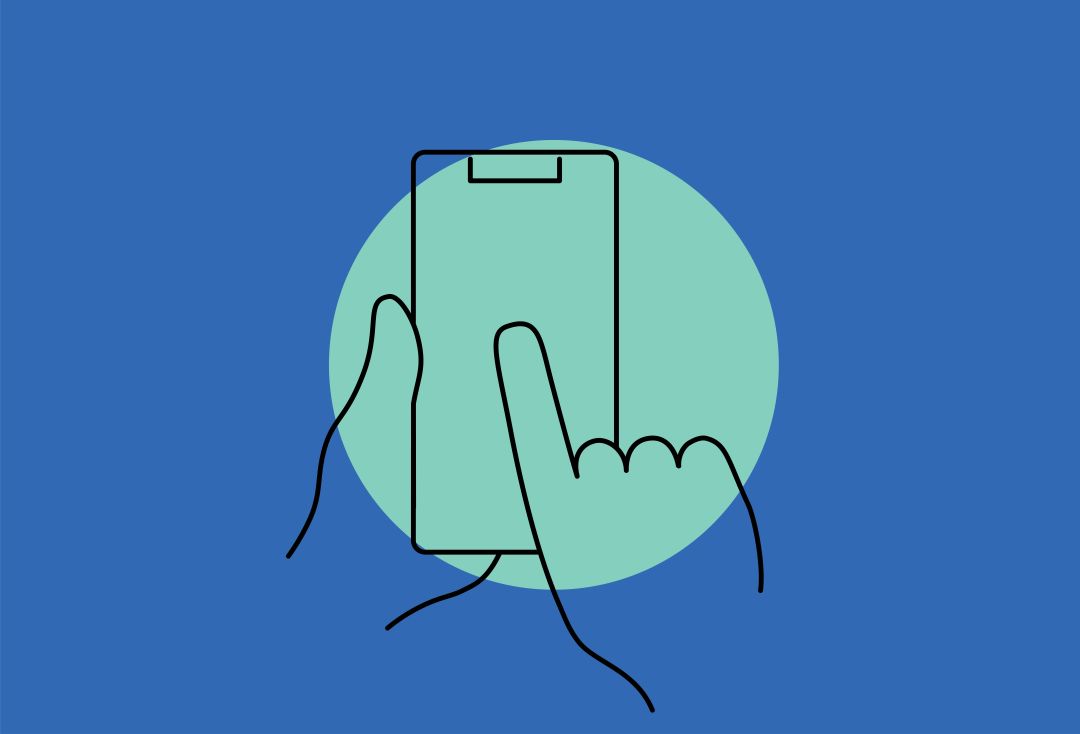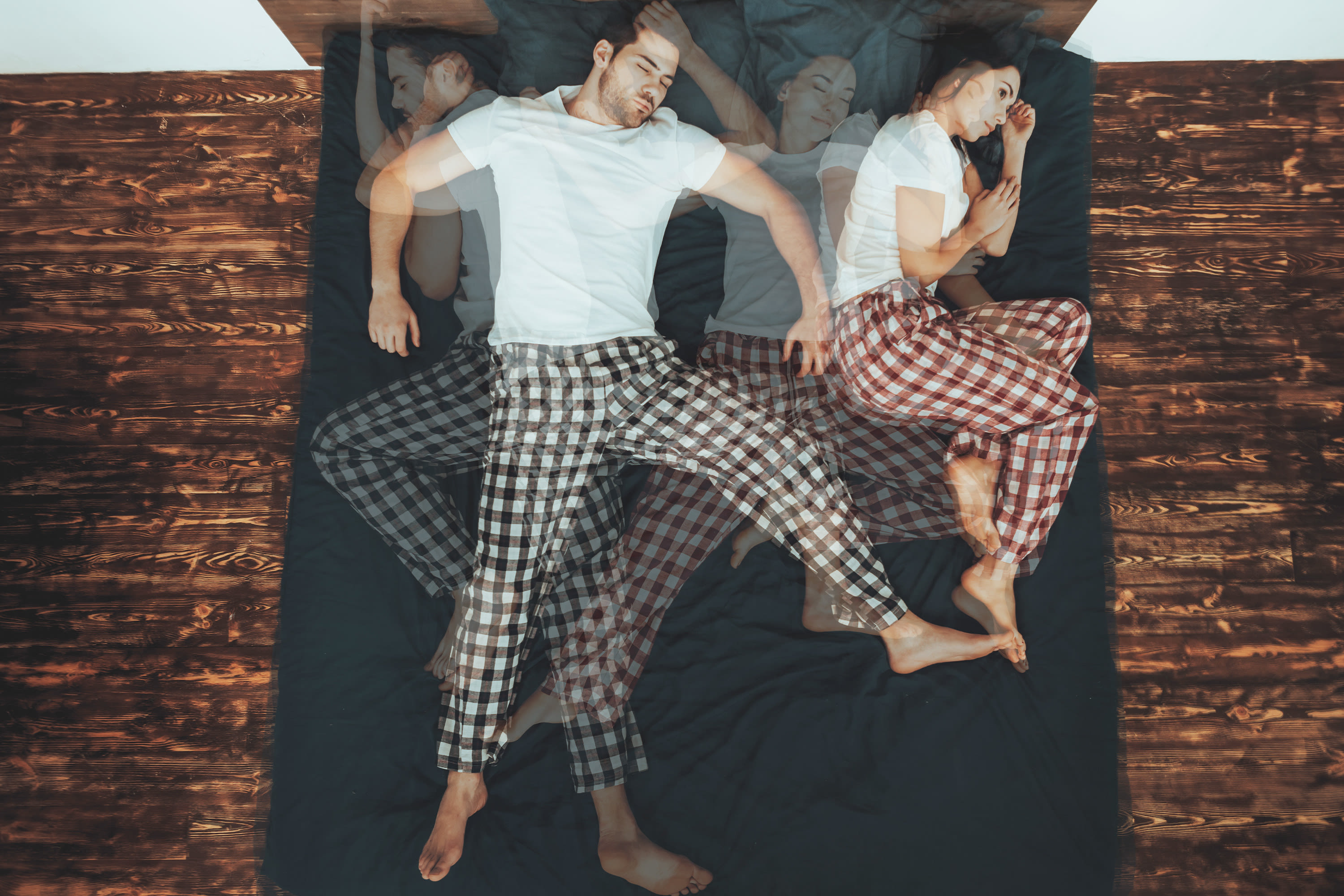How Does Blue Light Negatively Affect Sleep Patterns?

Image: Kari Perrin
We've all heard that shutting off our phones at night can improve our sleep. But is it more than just the stream of notifications that keep us awake?
Electronic screens emit a high amount of blue light, with stronger energy and shorter wavelengths than other light sources, and that can wreak havoc on our sleep patterns. Clinical neurophysiologist Dr. Leonie Van Passel of Intercoastal Medical Group says blue light disrupts our circadian rhythms.
"When light sources are removed at night, it alerts the pineal gland in the brain to start producing melatonin, which helps regulate our sleep-wake cycle," says Van Passel. "While melatonin is not what makes us fall asleep, the darkness and presence of melatonin does relax us."
Van Passel recommends morning light exposure in order to regulate your circadian rhythm, and if you are going to use electronic devices, stick to using them earlier in the day. Adjusting your exercise routine to include morning sun exposure, like going for a walk or run, can also help regulate your body's rhythm and help you fall asleep at the proper time.
"This morning sun exposure seems to ground the brain in a more solid routine, which can also improve mental health," says Van Passel. "When we are looking at blue light screens in a dark room at night, this is just disturbing that balance."
So what is blue light? It is most commonly found in electronic devices, LED lights and energy-efficient lighting. Its wavelength is short, about 415 to 455 nanometers, making it much harder on the eyes than other colors like red light, which is about 620 to 750 nanometers and easier for the eyes to process.
How can we counteract blue light when electronic use is a necessity?
"Wearing blue light-blocking glasses in the mid-afternoon to evening can really help," says Van Passel. "Many electronic devices also have screen settings to block out blue light for evening use." And, if you need some form of light during the night, using a red or pink colored bulb may be helpful.
Blue light glasses have orange-tinted lenses that counteract blue light. They do not contain a prescription and can be purchased online or in stores. However, if you already wear glasses, you can purchase a pair with your prescription. These glasses can also help protect your eyes from symptoms caused by overuse, like dry eyes, redness or watering.
Does avoiding blue light really improve your sleep? According to a study conducted by Harvard researchers, six and a half hours of exposure to bright light suppressed melatonin for about twice as long as green light, shifting circadian rhythms by twice as much (three hours versus 1.5 hours). So, avoiding this harsh light source can improve your sleep habits.
If you still experience sleeplessness after taking all the proper steps, Van Passel says there are other ways to help.
"Avoid checking your alarm in the middle of the night, sleep in a cool room free of distractions and seek support from a professional, whether a therapist knowledgable in stress-reduction, or a sleep specialist, if needed," she adds.



